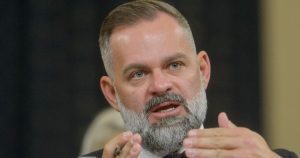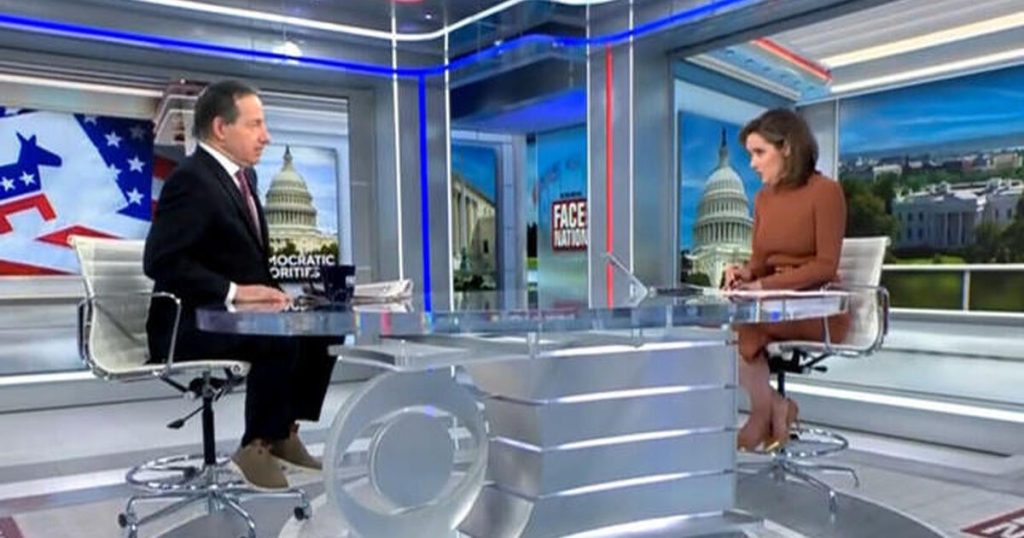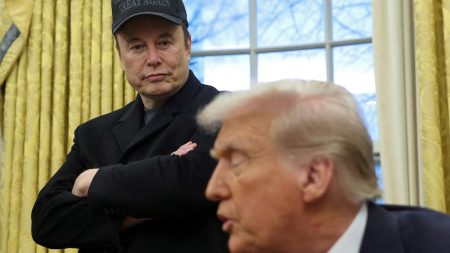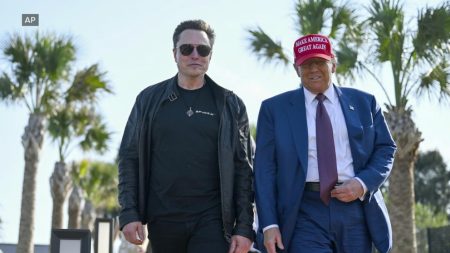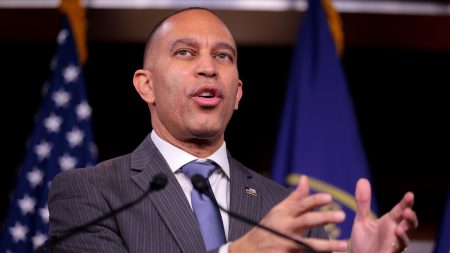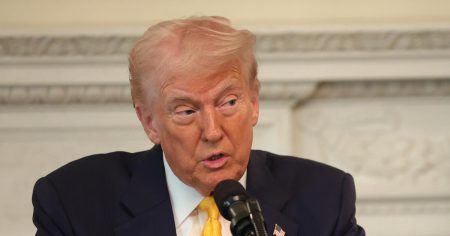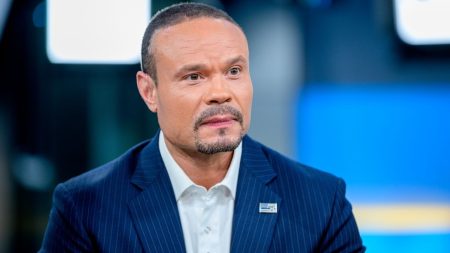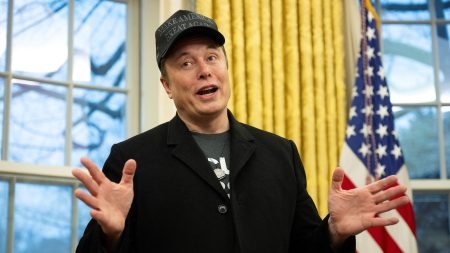Face the Nation: A Comprehensive Summary of Key Discussions
Introduction: The Landscape of National and Global Challenges
This week on Face the Nation with Margaret Brennan, the program delved into a wide array of pressing national and global issues, featuring interviews with prominent political figures. Secretary of State Marco Rubio, Director of the National Economic Council Kevin Hassett, Rep. Dan Crenshaw (R-TX), Sen. Jeanne Shaheen (D-NH), and Rep. Jamie Raskin (D-MD) shared their insights on topics ranging from international diplomacy and economic challenges to domestic legal controversies. The discussions highlighted the complex interplay between foreign policy, economic stability, and internal governance.
Secretary of State Marco Rubio on International Diplomacy and Hostage Negotiations
Secretary of State Marco Rubio, speaking from Israel, addressed several critical issues, including the ongoing hostage negotiations with Hamas and the administration’s efforts to end the war in Ukraine. Rubio emphasized the shared goal of securing the release of all hostages, expressing frustration at the slow pace of the process. He reiterated the administration’s commitment to diplomacy with Russia, noting that President Trump’s recent call with Vladimir Putin was a potential first step toward peace. However, Rubio stressed that actions, not words, would determine the success of these efforts. He also defended Vice President J.D. Vance’s controversial speech at the Munich Security Conference, where Vance criticized European democracies for internal threats, arguing that such frank discussions were necessary to uphold shared democratic values.
Rubio further discussed the administration’s stance on Iran, expressing skepticism about Tehran’s willingness to engage in diplomatic negotiations. He acknowledged Israel’s right to act in its national interest, including potentially conducting a preemptive strike on Iran’s nuclear facilities, while avoiding any explicit endorsement of such action. The secretary also addressed the administration’s plans to engage with Saudi Arabia, which is attempting to facilitate diplomacy between Russia and Ukraine, though he provided few specifics about the potential meetings or their objectives.
The Economic Outlook: Challenges and Controversies
Kevin Hassett, Director of the National Economic Council, focused on the administration’s response to rising inflation and its economic strategy. Hassett criticized President Biden’s policies, blaming them for the current economic stagnation and inflationary pressures. He highlighted the administration’s plans to address inflation through supply-side tax cuts, reduced government spending, and increased energy production. Hassett also discussed the avian flu outbreak, which has led to higher egg prices, and proposed a more targeted approach to managing the crisis, such as improving biosecurity measures rather than culling large numbers of chickens.
Additionally, Hassett defended the administration’s proposed tariffs on countries with value-added taxes (VATs), arguing that such measures would help level the economic playing field and reduce the financial burden on American businesses. He emphasized the need for reciprocal trade agreements and the potential benefits of renegotiating these terms with other nations.
Bipartisan Perspectives on Ukraine and Global Security
Rep. Dan Crenshaw (R-TX) and Sen. Jeanne Shaheen (D-NH) offered contrasting yet complementary insights into the ongoing conflict in Ukraine and the role of the United States in global security. Crenshaw, speaking from Munich, emphasized the need for "uncomfortably aggressive" action by European allies to pressure Russia into negotiations. He criticized the lack of strong European leadership and called for increased military and economic commitments to Ukraine. Crenshaw also defended President Trump’s approach to diplomacy, arguing that Trump’s ability to negotiate with adversaries like Putin could yield significant results, even if it meant making uncomfortable concessions.
Shaheen, on the other hand, expressed concern about mixed signals from the administration regarding Ukraine’s potential concessions in peace talks. She highlighted bipartisan congressional support for Ukraine and the importance of holding Russia accountable for its aggression. Shaheen also discussed the need for continued international cooperation, particularly in enforcing sanctions against Russia and ensuring that Ukraine retains a central role in any peace negotiations. She emphasized the importance of Congress in maintaining U.S. support for Ukraine, even in the face of shifting administration policies.
Domestic Legal Controversies: The DOJ and Mayor Eric Adams
Rep. Jamie Raskin (D-MD), the top Democrat on the House Judiciary Committee, addressed the ongoing legal controversy surrounding the Justice Department’s handling of the Eric Adams bribery case. Raskin criticized the administration’s decision to drop the case, alleging that it amounted to a corrupt quid pro quo arrangement. He highlighted the mass resignation of federal prosecutors in protest of the decision, noting that such actions undermined the integrity of the Justice Department and the rule of law. Raskin also drew attention to the broader context of the administration’s approach to governance, accusing it of promoting corruption and lawlessness while dismantling key oversight mechanisms.
Raskin further emphasized the importance of congressional oversight and legal challenges in holding the administration accountable. He acknowledged the limitations of Democratic power in Congress but expressed optimism about the judiciary’s role in checking executive overreach. Raskin concluded by calling for renewed vigilance against corruption and a commitment to upholding democratic principles.
Conclusion: The Trump Administration’s Vision and Challenges
The discussions on Face the Nation highlighted the complex and often contentious nature of the Trump administration’s approach to both domestic and international issues. From the delicate balance of diplomacy in Ukraine and the Middle East to the economic challenges at home, the administration faces significant criticism and scrutiny. Yet, its officials remain confident in their ability to navigate these challenges, emphasizing the president’s negotiating skills and commitment to peace.
The program also underscored the deepening partisan divides in Washington, as Democratic lawmakers like Raskin and Shaheen raised alarms about the administration’s actions, while Republican figures like Rubio and Crenshaw defended its policies. As the administration continues to pursue its agenda, the interplay between these competing perspectives will likely shape the course of national and global events in the months to come.


